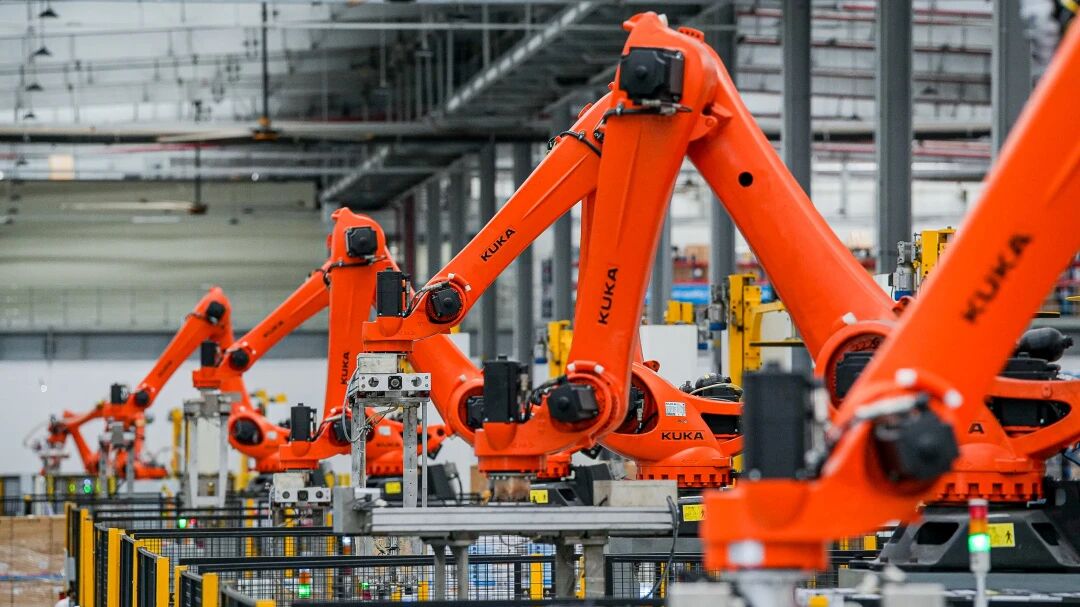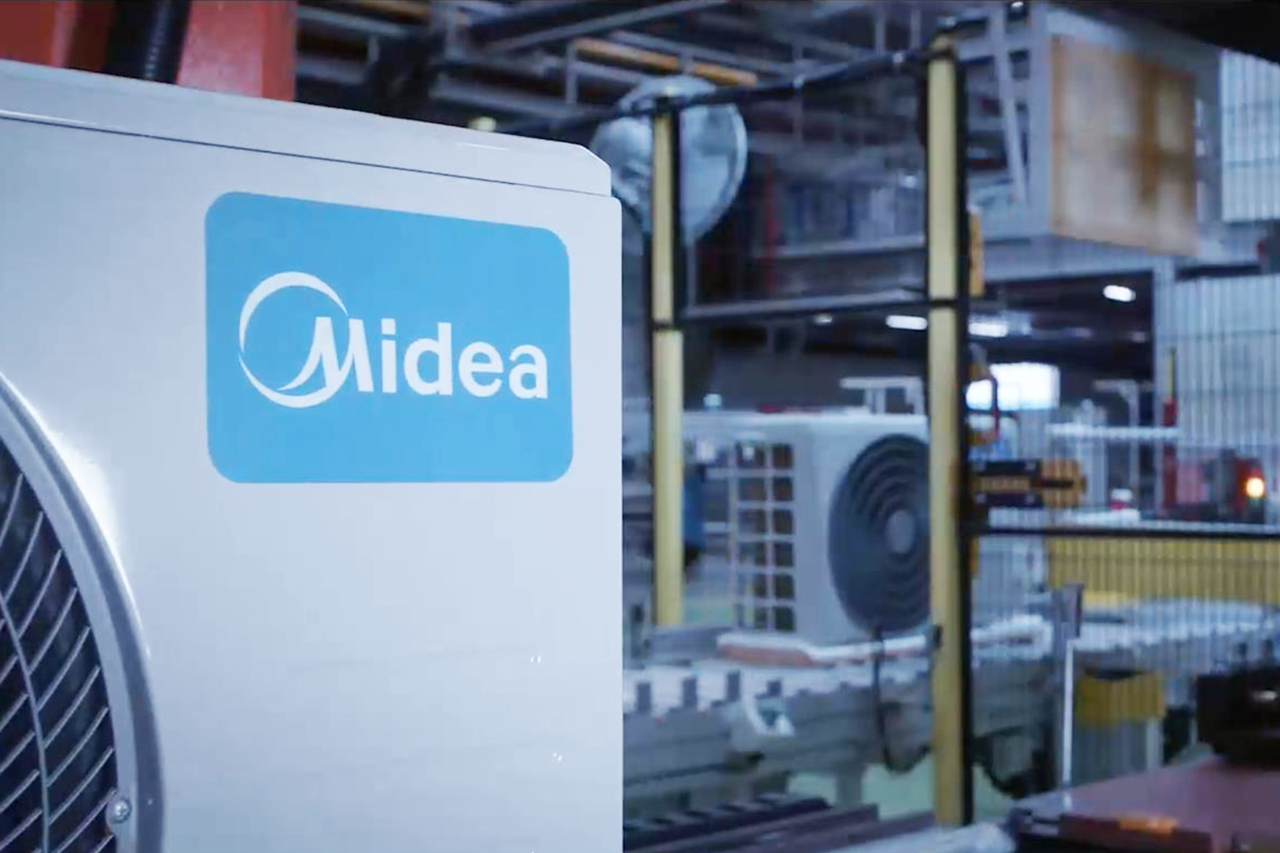September 16, 2025 – As a digital benchmark for going global, Midea's Thailand air conditioner factory has been recognized by the World Economic Forum (WEF) as a Supply Chain Resilience Lighthouse Factory. This marks not only Midea Air Conditioning's first overseas Lighthouse Factory but also the first overseas Lighthouse Factory in the home appliance industry. Coupled with previous certifications including the "Green Factory" certification from Thailand's Ministry of Industry and the "Asia's Best Mobile Technology Breakthrough Award" from AMO.

What is a Supply Chain Resilience Lighthouse Factory?
These Lighthouse Factories achieve exceptional service, agility, increased transparency, and improved working capital management through supply chain transformations encompassing planning, order fulfillment, logistics, and other segments. They represent the highest level of digitalization and smart manufacturing globally. The World Economic Forum noted that to address challenges like inflexible cross-border supply chains, slow response to customer quality feedback, and training barriers, Midea deployed 72 digital/AI solutions. These established a more resilient global supply chain network, enabled closed-loop quality improvement, and leveraged generative AI for workforce capability enhancement. Consequently, end-to-end order lead time was shortened by 43%, and employee certification time was reduced by 62%.
Located in the Eastern Economic Corridor of Thailand, the Midea Air Conditioning Thailand factory spans an area equivalent to 45 standard football fields, with its production capacity exceeding 5 million air conditioning units in 2025. The output of this single factory surpasses the annual air conditioner demand of many medium-sized countries. Quality Intelligence ensures precise and error-free quality inspection, intelligent production scheduling is scientific and rational, the production cycle is accurate to the second, and on average, one air conditioner is assembled every 6 seconds.
Approximately 97.8% of the factory's employees are recruited from Southeast Asia, and it collaborates with 691 local suppliers, effectively driving the upgrade of the regional industrial chain. McKinsey noted that the multi-nationality employee training system adapted for overseas scenarios, which Midea built using AIGC tools, holds reference value for other Chinese enterprises expanding overseas.

Beyond setting a benchmark in smart manufacturing, the Midea Thailand factory also far exceeds global standards in green and sustainable development. Utilizing a solar power system combined with a water-storage microgrid, the factory has achieved a 40.2% reduction in energy consumption per air conditioner unit and a 68.3% reduction in carbon emissions. In the field of sustainable development, Midea is transforming from a follower to a leader, injecting new green significance into Chinese manufacturing.
Notably, this factory integrates industrial solutions from various Midea ToB entities, including KUKA, Meiyun Zhishu, ANDY, Hiconics, and MBT. The Thailand factory's photovoltaic project, undertaken by Hiconics, is expected to save approximately 13,600 tons of standard coal annually. The factory's overall green electricity ratio exceeds 50%, significantly reducing operational costs and making it a benchmark for PV application in Thailand and the industry. Relying on ANDY's lean production logistics solutions, inventory planning and production schedules are precisely matched to support lean manufacturing, achieving seamless coordination across supply, production, and distribution processes.
"We have built the Thailand Lighthouse Factory as a digital benchmark for 'going global,' setting the direction for Midea's overseas factories," said Simon Zhang, Vice President of Midea Group and Chief Digital Officer. "To better understand the needs of local digital transformation, while closely collaborating with overseas local markets, the digital system needs more modularization to enable more flexible deployment." In the future, Midea's Green Industry plans to externally export integrated ToB industrial solutions, replicating the "Lighthouse Model" in more overseas markets, using Chinese smart manufacturing to promote global industrial upgrading.
